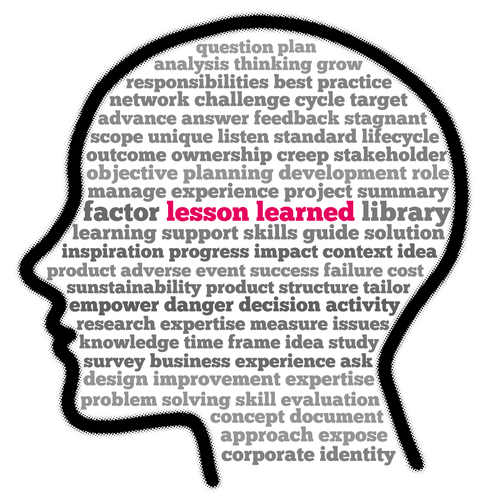 |
Human resources professionals are under ever-increasing pressure to achieve measurable results and return on investment (ROI) from coaching assignments. However, research* suggests that less than 40 percent of organizations review coaching assignments once completed, leaving them with no clear idea of what has been achieved.
With budgets remaining tight and development needs still as pressing as ever, being able to deliver effective coaching assignments that really hit the mark is vital. Here are three steps to help HR professionals effectively deliver and measure the success of coaching assignments.
Step 1—Select the right coach
It is essential to select the right coach from the outset. This is something that HR professionals may feel they need support with if they have not been involved in the coach selection process before. Making the successful “match” between coach and coachee, as well as between coach and business, is imperative to the success of a coaching assignment. And by getting this right, HR professionals will have the foundations in place for a coaching program that is right on track to deliver its objectives.
HR professionals should not underestimate the importance of getting the basics right when looking for a coach. This, together with an uncluttered selection process, alignment with company values and culture, and chemistry meetings between the organization and coach should stand HR in good stead for an effective coaching program that delivers results.
Coaches also need to understand a company’s culture to help them fully grasp the wider challenges an individual within that business may be facing and then provide relevant and realistic solutions to them.
Unlimited employee HR training—one low cost, no setup, no software to install. Find out why the Software & Information Industry Association voted TrainingToday® the “Best Workforce Training Solution.” Go here for more information or to sign up.
Step 2—Set clear objectives
Businesses can sometimes embark on a coaching program where the waters around objectives and the evaluation process are muddied, making it near on impossible for HR to measure success and report this back when they are inevitably asked to quantify results.
Although it may appear to be common sense, in order to get the best results from any coaching assignment, the building blocks upon which the project will stand must be in place. The blocks for coaching are credibility, capability, and chemistry.
To measure these areas successfully, HR must first work up the coach equivalent of a job specification to clearly outline the experience and criteria that the most appropriate coaches would be able to demonstrate. This is all part of the information and intelligence-gathering process, and the outcomes of this must be referred to throughout the process to help decide which coaches are right for the assignment and company.
Step 3—Track progress
One of the challenges that the HR industry continues to face is a lack of access and insight into the progress of coaching assignments making it difficult to review if and how objectives are being met and how they are delivering against budget. The involvement of HR in the process is essential from the outset, especially for managing costs, as *research shows that executive coaching rates are actually 40 percent higher when HR is not involved, and that 75 percent of organizations paid coaches what they asked for, resulting in huge variations in pricing.
Externally managed coaching services can offer considerable cost savings and transparency at all stages of the process, as well as reduce the burden on HR resources. Through this faculty, coaches and HR professionals can plug into a system that provides easy access to assignments in progress so their status and delivery against objectives can be reviewed whenever needed, as well as when assignments come to an end.
This helps projects stay on track and allows aims and objectives to be shifted as and when they need to align with the coachees or company’s needs. It also allows for an effective end of assignment review process.
No time to prepare or deliver training? With BLR’s TrainingToday®, your employees can start taking essential training courses the same day you sign up. Workers (and supervisors) train at their convenience, 24/7. We track and you save with this turnkey solution. Yes, it really can be this simple. Learn more.
HR professionals should not underestimate the importance of getting the basics right when looking for a coach. The framework of a detailed person specification, clear objectives, and a tracking program are essential. This, together with an uncluttered selection process, alignment with company values and culture, and chemistry meetings between the organization and coach should stand HR in good stead for an effective coaching program that delivers results.
*Figures from Acuity Coaching research—“Maximizing performance and reducing the cost of Executive Coaching”
Anton Franckeiss, PhD, is a global business development and practice director at Acuity Global Development (www.acuitygd.com).
